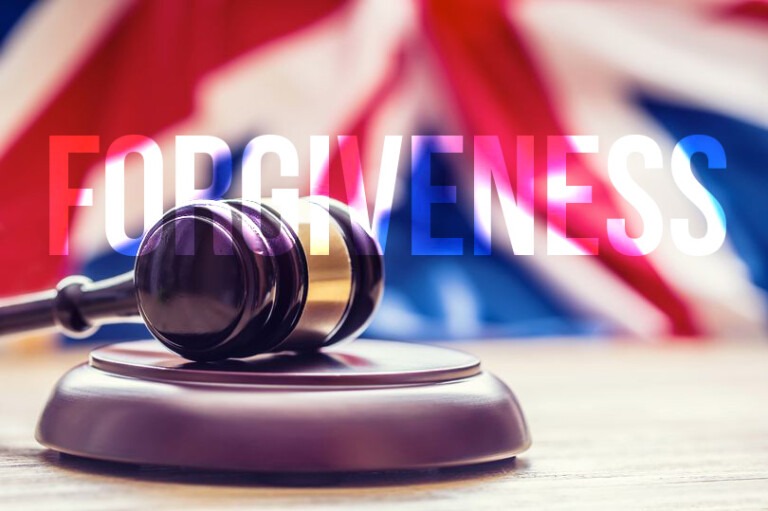How are we to think deeply about what has been offered to us as one of the stories of the week? – the decision to strip Shamima Begum of her UK citizenship has been ruled to be legal by the Special Immigration Appeals Commission.
The legal system is unable to think – at least in the sense that we mean it. The law is only able to interpret guidelines handed down by politicians, often with the help of rulings from past cases that are deemed to be similar. Law appears not to know what to do with anything that presents itself as an unforeseen mitigating circumstance unless another judge has done so on a previous occasion.
We may hope that Politicians think deeply as they engage in the process of making the laws we are expected to obey. Whether they succeed is very much a matter of opinion, given that they are only human, and we humans are rarely able to discern all the forces that form and motivate us. The world of politics does not welcome independent or creative thinkers!
But all this is setting the scene. What are we to think when a country as powerful and influential as ours feels the need to strip the citizenship of a 23 year old woman who was born and raised here in the UK? What is going on under the surface and behind the scenes? What are we so afraid of? Who bears responsibility for Shamima now? What happens next?
So many questions. But I think Jesus may have asked two more:
How do we treat those who say they hate us?
Jesus lived in the midst of political, cultural and religious turmoil. So when he taught that those who followed him should refrain from resisting evil, turning the cheek, praying for those who choose to become persecutors, and learning to love all who would call themselves enemies he knew how crazy he sounded and what the consequences might be.
His intention was to enforce a pause, a moment in which a deliberate decision might be taken to redirect what would otherwise become an inevitable cycle of deeper alienation and escalation. Prayer always begins with redirected attention. Which is the place to begin because it is impossible to learn to love anyone we have not taken the time to see, acknowledge and understand.
When I pause, I find myself asking whether a 15 year old girl growing up as part of a minority community in a deprived area of our capital city can be said to be capable of understanding she would so quickly be swept along by events she had initiated but soon found herself unable to resist. When I turn the other cheek it would be my way of asking if there is a kinder and wiser way of responding.
What could forgiveness look like?
In the words of Richard Holloway, “forgiveness is not a sentimental overlooking of an offending act. Nor is it moral indifference. It is a heroic refusal to let the original offence overwhelm the future, which is what usually happens in our personal and political relationships. Forgiveness blocks the invasive power of the original offence and stops it spreading further.” *
Forgiveness is therefore both courageous and revolutionary. It does not cover over wrongdoing and neither does forgiveness excuse the offence. It is political cowardice that shrugs its shoulders and shifts the responsibility onto one of the poorest countries on the planet, simply in order to bolster its own credentials before its most self-righteous supporters.
If a country with the might and resources of the UK were to make a decision to act mercifully to a young woman who has already experienced such terrible consequences of a choice made seven years previously, it is not being weak. It is showing moral courage whilst demonstrating in action the kind of right behaviours we rightly request of other nations who currently imprison UK citizens without trial and treat them as political pawns.
Shamima Begum appears to have committed crimes that deserve punishment. Justice demands that she bear the same consequences we would demand of any other citizen of our country. Forgiveness, were we courageous enough to set an example, would be willing to restore family links if there was the willingness to do so and allow a young girl to process her mistakes, her grief and the inevitable consequences that she will bear for the rest of her life.
- Richard Holloway – Stories We Tell Ourselves. p 214



